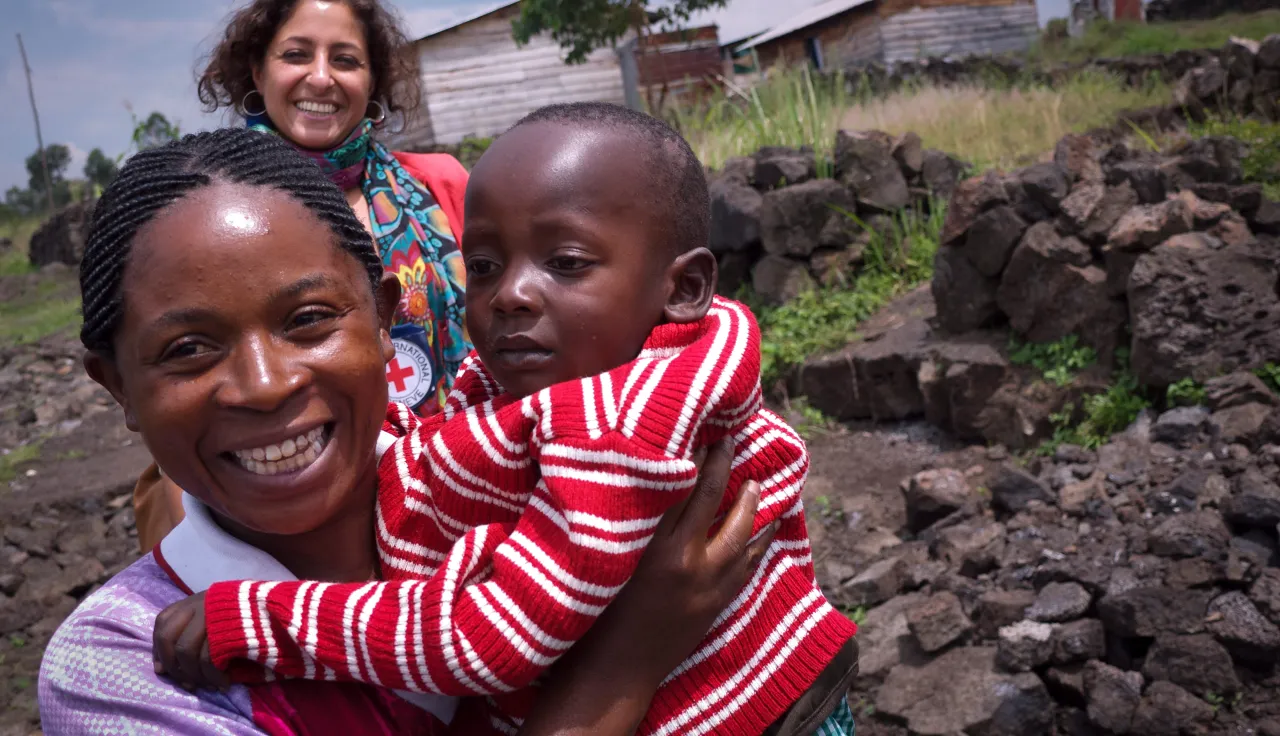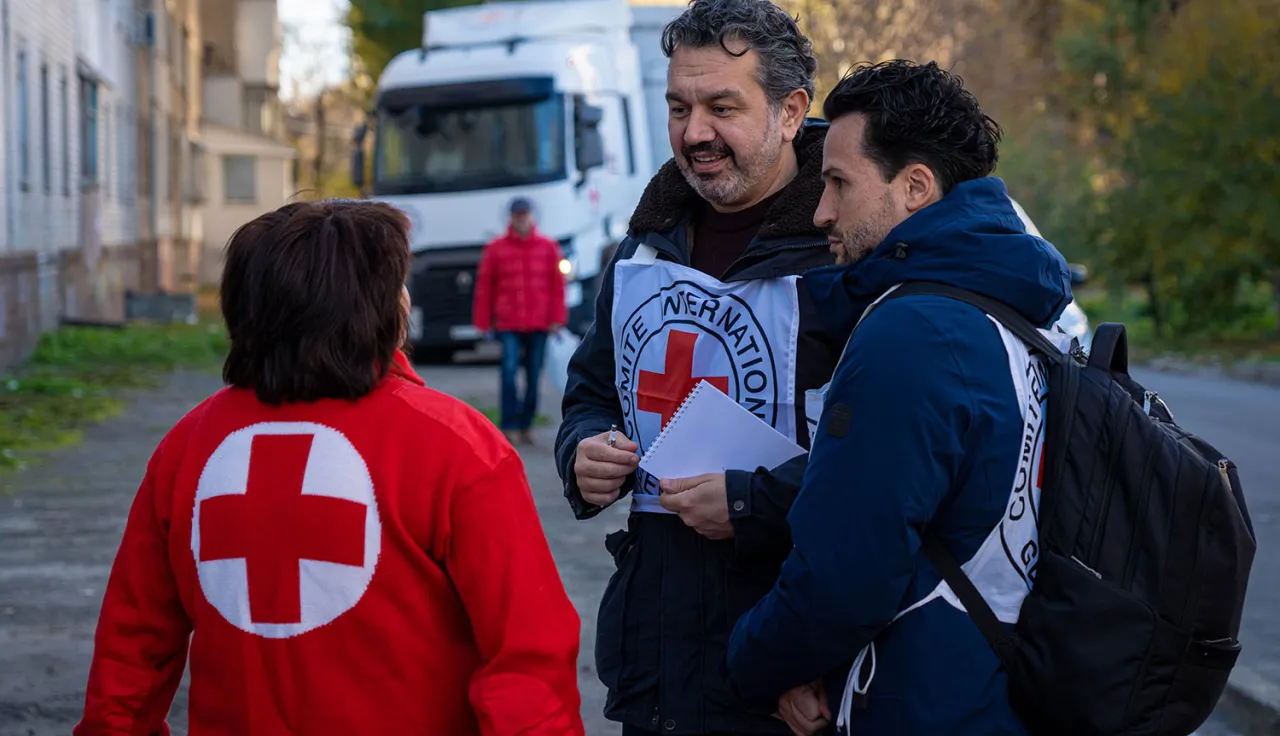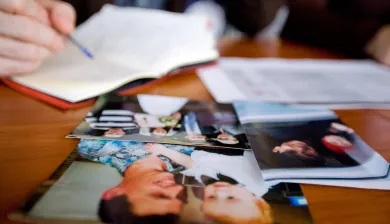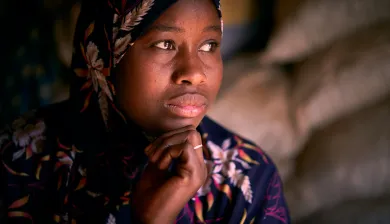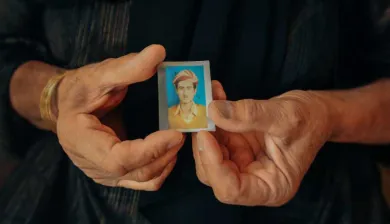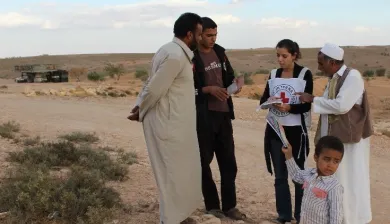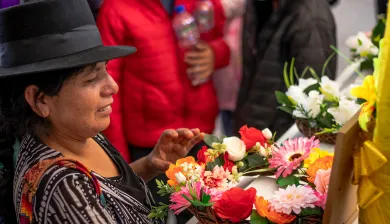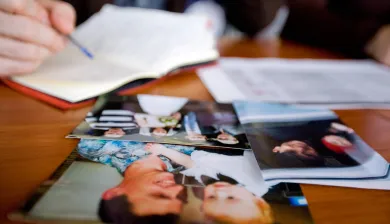The devastating pain of separation and absence
In the chaos of armed conflict, situations of violence and disasters and in the context of migration, families can become separated in a matter of minutes, creating anguish and vulnerability and sometimes leading to long years of uncertainty about the fate of children, spouses or parents. Preventing such separations, locating missing people, reconnecting families and supporting them while they search for their loved ones has been at the heart of the ICRC’s work to relieve the suffering of those affected by conflict for more than 160 years, through the activities of its Central Tracing Agency.
The Central Tracing Agency: Reuniting, reconnecting, resolving for 150 years
The Central Tracing Agency, founded in 1870, is at the heart of our efforts around the globe to protect and restore family links, to search for and identify missing persons, to protect the dignity of the dead and to ensure that the needs of missing people's families are addressed. Enshrined in the Geneva Conventions, it is a permanent structure within the ICRC that assists parties to conflicts and prevents family separation and disappearances by collecting and transmitting information as a neutral intermediary.
Restoring family links network: unique, global and local
The Family Links Network is composed of 192 National Societies, ICRC delegations and the IFRC. We work together, according to the same humanitarian principles, as a unique worldwide network with a local footprint in every community to help keep families together and address the needs of those separated or missing because of humanitarian crises, such as a conflict or a natural disaster, or in the context of migration.
Central Tracing Agency bureau for the international armed conflict between the Russian Federation and Ukraine
According to its mandate under the Geneva Conventions, the CTA created a specialized team based in Geneva that collects, centralizes and transmits information about the fate and whereabouts of both military personnel and civilians deprived of their liberty after falling into the hands of the enemy during the course of the international armed conflict between the Russian Federation and Ukraine.

